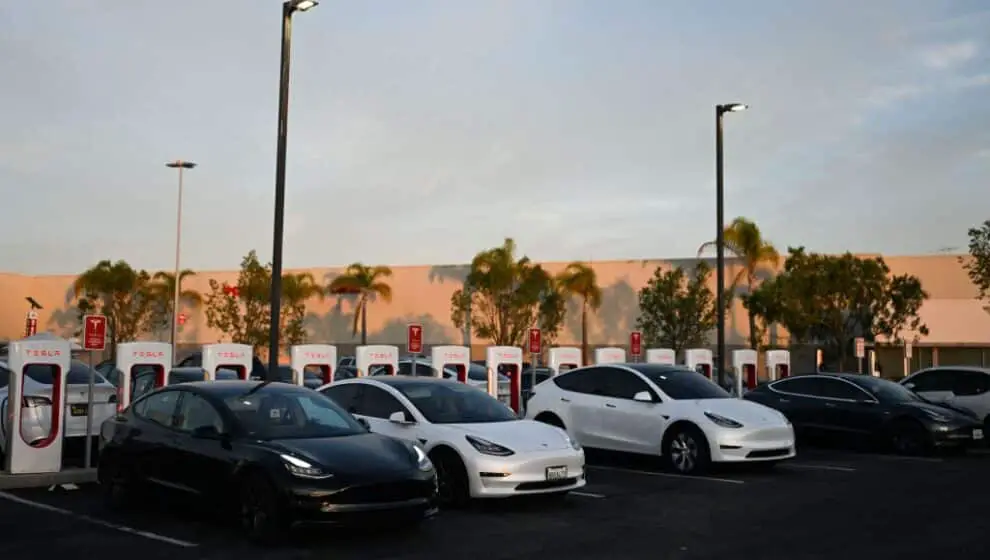Federal incentives are helping push people to buy electric vehicles (EVs) and boosting battery production in the U.S.
Key Details
- The U.S. is encouraging Americans to buy EVs, and to do this, the federal government has created incentives in the Inflation Reduction Act.
- The act not only gives citizens who buy an EV a tax credit but also gives incentives for more battery makers to move battery operations to the U.S., allowing the country to stop relying on outside sources for materials.
- For the vehicles to receive the tax credit, they must be mainly manufactured in the U.S., including the batteries that primarily come from outside sources.
- By creating the incentives, the U.S. is building an internal battery supply chain and boosting EV sales.
Why it’s news
Countries worldwide are pushing citizens to switch to EVs to reduce carbon emissions. The vehicles are becoming more widely accepted, but a few things stop people from making the switch—high prices and limited charging stations.
EVs are significantly more expensive than gas-powered cars. The average price of an EV in the U.S. is $66,000—a 13% increase over 2021—while the average price of a gas-powered car is $48,000, according to Kelley Blue Book.
Charging stations have held many people back from switching to EVs as the U.S. does not have enough chargers. The U.S. is in the process of rolling out a nationwide charging network, so this issue could soon become a thing of the past, but for now, it remains relevant.
To lower prices, have more money to build a charging infrastructure, and boost EV sales, the federal government passed the Inflation Reduction Act.
The act gives incentives for the internal production of EVs. It puts a tax credit of up to $7,500 on EVs made primarily in the U.S., which benefits the country and the consumer as more consumers are switching to EVs to get the tax credit.
Only EVs that are primarily produced in the U.S. are eligible, bringing more businesses to the U.S. to create batteries to ensure that their vehicles are eligible for the credit.
Not only does this bring more business to the U.S., but it also eases the country’s reliance on others, specifically China. China was the leading country exporting EV batteries, making them more expensive and forcing the U.S. to rely on them.
Now the act allows the U.S. to create more EVs and get more electric cars on the road.
